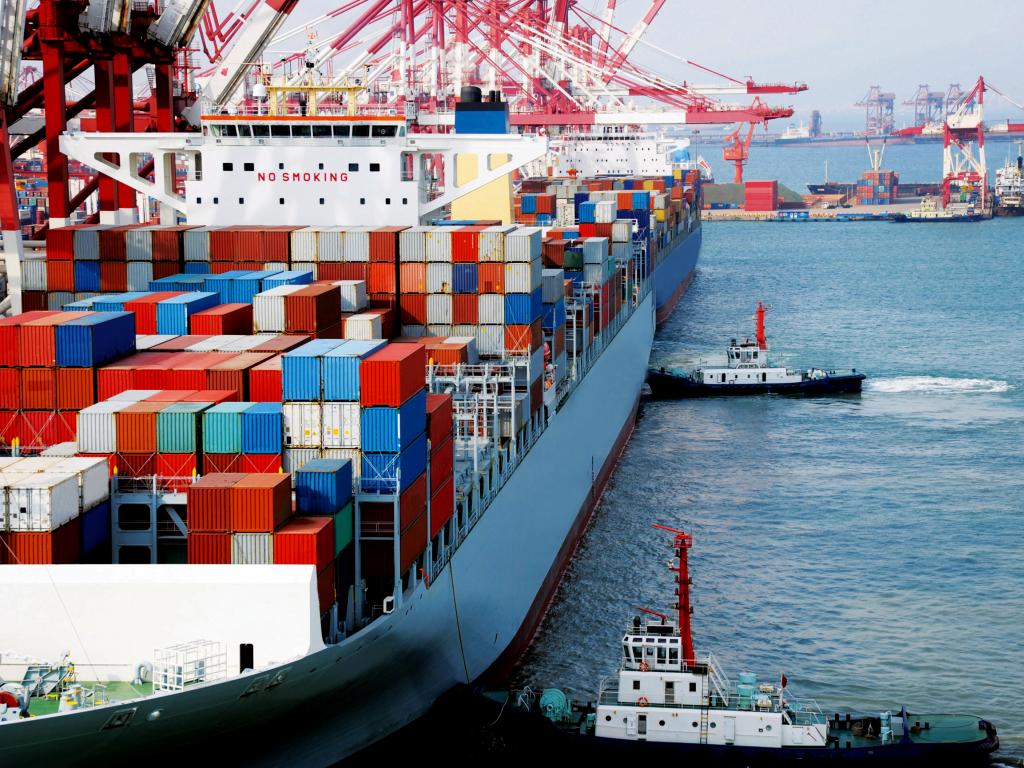Nigeria’s first quarter export tally needs much to be desired as it brings home the need to rev up the export sector with the concomitant result of jerking up balance of payments, beefing up reserves and strengthen the naira.
Nigeria’s foreign trade rose to N13 trillion in the first quarter of 2022, increasing by 11.1 per cent from N11.7 trillion recorded in the previous quarter and 65.4 per cent higher than the N7.86 trillion recorded in Q1 2021. This was disclosed in the latest foreign trade report released by the National Bureau of Statistics (NBS).
But the rise is a function of the rising oil prices and not necessarily from manufactured products and export of services. This situation should make us take a second but critical look at the capacity of the economy to produce goods for export and the incentives for exporting same from this economy. Where there is deficiency, the economy will continue to lag. Exports are a crucial part of the national income equation; where they dip significantly, an economy will earn fewer dollars and decelerate, leading to either of recession or depression. Already the economy is fragile with last quarter GDP at 3.1 percent with inflation rising to 17.1 per cent.
On the fiscal side, government should champion a full blown export policy as did the South Koreans and other South East Asian countries that saw them emerge as tigers in the 1990s and that has today ensured a comparatively, high standard of living for their population. The model in South Korea was to develop conglomerates known as Chaebol. The South Korean government generously supported the chaebols since the early 1960s, nurturing internationally recognised brands such as Samsung and Hyundai. They produce nearly all the electronic items and automobile we know in this part of the world, helping the country enjoy consistent positive trade balance.
We enjoin government to start with low hanging fruits like services tourism and transportation to repair the trade deficit. Services account for 52 per cent of Nigeria’s Gross Domestic Product (GDP) as of 2018. It has grown 97 per cent in the last ten years from 20.5 per cent. Nigeria ranks 27th worldwide and number one in Africa in services’ output, according to Wikipedia.
The prospect of a services led growth should move government to transform the country to a services hub with the financial services taking the lead. Banks have shown this is possible with their footprints all over the continent.
Also of strong potential contribution to the country’s economic development is transportation, which includes investment in infrastructure to facilitate the use of trains whether mono or fast speed; ferries and air travel facilities. In emerging markets like Singapore and South Africa, transportation has leapfroged agriculture in terms of contribution to GDP. We can borrow a leaf from these economies.
We also encourage government to look closely at tourism, which has put countries like Kenya, Tanzania, the Gambia and the Seychelles on the world map, helping their economies earn billions of dollars. We can achieve better results with tourism with natural destinations littering the length and breadth of the country.
It is by pursuing such external sector enhancing policies that can help fix the export challenge and fortify the balance of payments along with other economic benefits.





